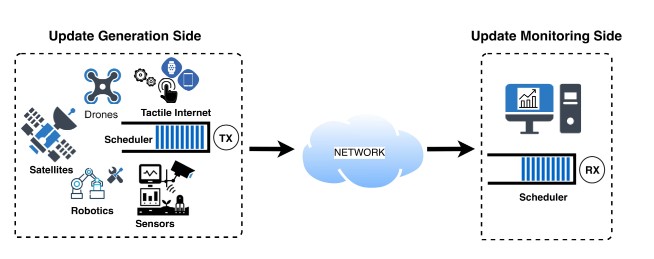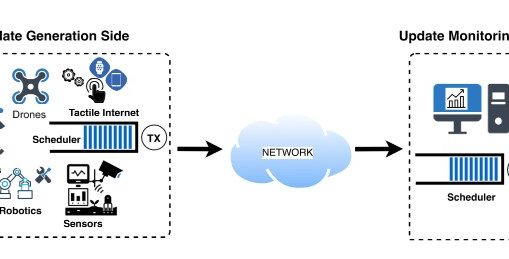Evaluation of Age Control Protocol (ACP) and ACP+ on ESP32
The paper titled “Evaluation of Age Control Protocol (ACP) and ACP+ on ESP32” by Umut Guloglu, Sajjad Baghaee, and Elif Uysal presents an experimental assessment of the Age Control Protocol (ACP) and its enhanced version, ACP+, implemented on the ESP32 microcontroller—an increasingly popular device in Internet of Things (IoT) applications. Both protocols are designed to manage the Age of Information (AoI), a metric that quantifies the freshness of data in networked systems. While prior studies have evaluated these protocols in long-haul, high-rate connections, this work focuses on their performance in short-range, low-delay wireless IoT environments.

The authors identify several challenges associated with deploying ACP and ACP+ on the ESP32 platform, particularly concerning the protocols’ responsiveness to the low-latency characteristics of local wireless connections. To address these issues, they propose specific modifications to ACP+, aiming to enhance its suitability for such environments. The study then compares the performance of the modified ACP+ against the original ACP and ACP+ protocols, as well as a baseline Lazy Policy, within a small-delay local wireless IoT setup.

Experimental results demonstrate that the modified ACP+ protocol effectively reduces AoI, thereby improving data freshness in the tested scenarios. This research offers valuable insights into the practical implementation of AoI-centric transport protocols on resource-constrained IoT devices and underscores the importance of tailoring such protocols to the specific characteristics of short-haul, low-delay networks.
For more information, please click here!

